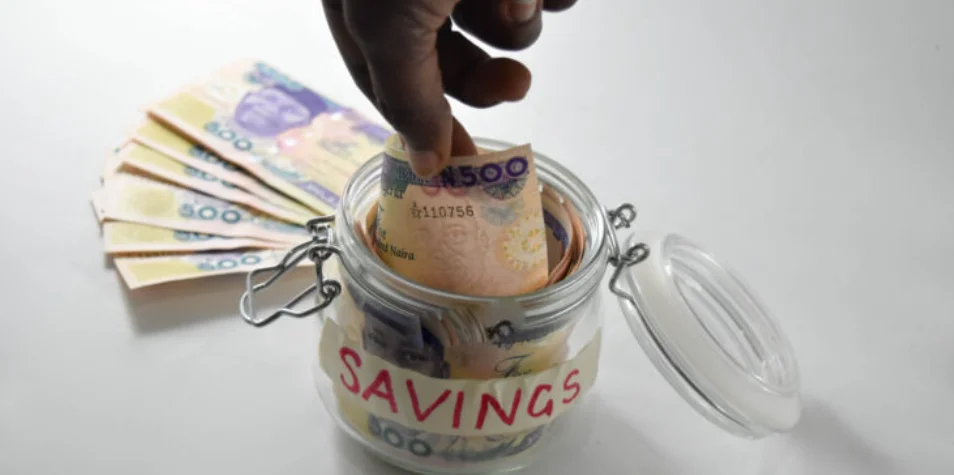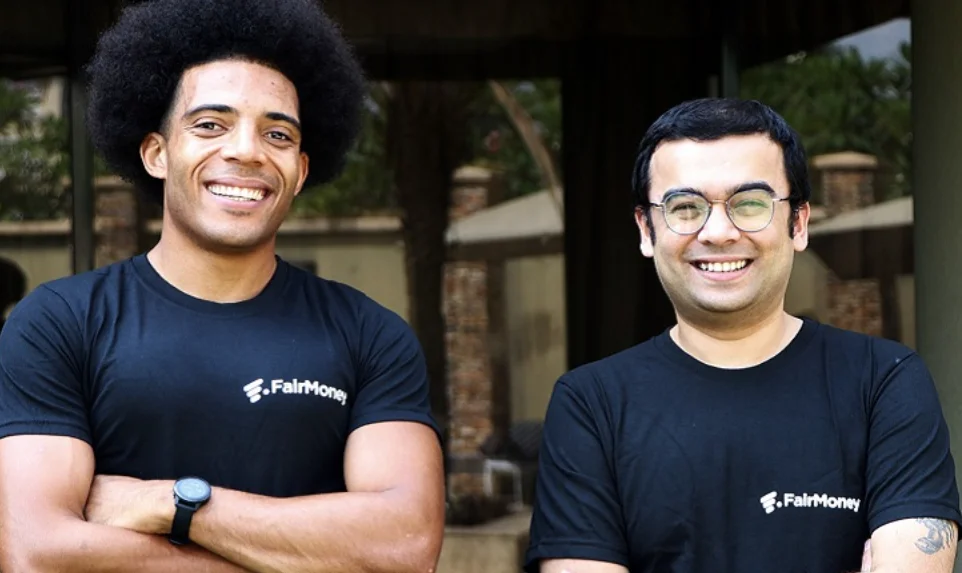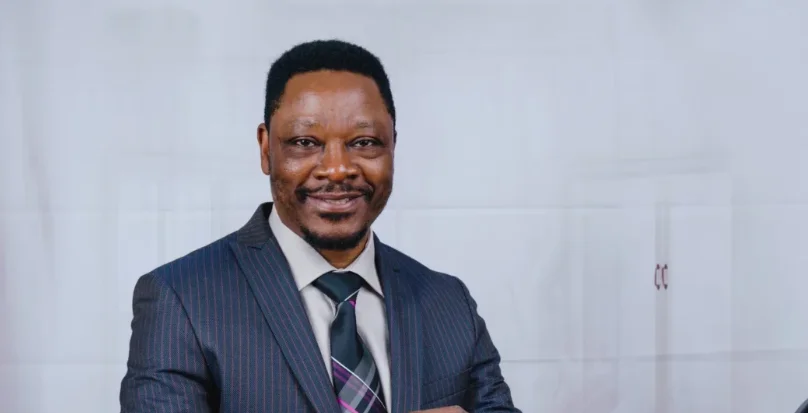Young Nigerians are driven and ambitious, but when it comes to saving, energy alone isn’t enough. In today’s volatile Nigerian economy, many young adults aren’t focused on building retirement portfolios or long-term investments. They’re in survival mode, navigating unstable incomes, rising costs, and daily demands. For many, the next transfer alert feels more important than a savings plan. This daily hustle mindset creates a national ripple effect; when millions can’t plan financially, national development slows down.
The Fintech Revolution in Nigeria—Progress, But Not Transformation
Over the past few years, fintech platforms like PiggyVest, Cowrywise, Kuda, and Opay have expanded financial access across Nigeria. These apps offer features such as
- Auto-saving and fund locking
- Expense tracking
- Budgeting tools
- Instant transfers and mobile banking
With over 430 fintech startups active in Nigeria as of early 2025, the country has emerged as a leading hub for digital finance in Africa.
However, there’s a growing disconnect: Access doesn’t always translate to impact.
According to NIBSS, Nigeria has over 311.6 million active bank accounts but only 64.8 million BVNs as of January 2025. That’s a sign that many people are opening accounts but not engaging deeply with financial tools or long-term planning.
Inside the Numbers: What Nigerians Say About Saving
The 2025 Nigeria FinTech Survey by Column surveyed over 1,100 Nigerians aged 18–44. Key insights include
- 96% believe everyone should have saving and spending goals
- 69% set monthly savings targets
- 57.2% say they keep a budget
- But 36.9% don’t track spending at all
This shows strong intention but weak execution, often due to:
- Inflation
- Unstable income
- Low financial confidence
A 2024 report from PiggyVest paints a similar picture:
- 65% earn less than ₦100,000/month or have no steady income
- 83% spend most on food and groceries
- 48% struggle with transport costs
- 43% don’t save monthly
- 64% lack emergency funds
These figures highlight a critical issue:
Saving isn’t just a wage problem — it’s a planning crisis.
Why Budgeting Feels Like Guesswork for Many Nigerians
Inflation in Nigeria causes daily price fluctuations. As a result, budgeting often feels like guesswork, especially when users don’t have visibility across accounts and income streams. In fact, 75.2% of surveyed users said they want to see all their financial activity in one place, a capability many Nigerian banking apps still lack.
While open banking could solve this, it’s not yet widely implemented in Nigeria. This gap limits user insight and makes effective money management harder.
What Fintechs and Policymakers Must Fix
To make saving a reality for Nigeria’s youth, fintech companies must rethink how they design tools for users with irregular income. Here’s what needs to change:
1. Smarter, Simpler Tools
- Mobile-first interfaces
- Background tracking (no need to manually enter expenses)
- Visual goal setting with progress indicators
- Gentle nudges and reminders
2. Integrated Partnerships
- Tie savings goals to real-world outcomes: school fees, rent, travel
- Partner with retailers, telcos, employers, and educational institutions to drive adoption and build trust
3. Enable Unified Financial Visibility
- Advocate for open banking policies
- Let users view all their bank, fintech, and wallet balances in one app
4. Policy and Infrastructure Support
- Lower data costs through telco-fintech-government partnerships
- Provide digital finance incentives for low-income earners
- Enforce Nigeria’s existing digital financial service guidelines
The Bigger Picture: From Access to Impact
Financial inclusion isn’t just about opening an account or downloading an app. It’s about empowering people to take control of their money. The goal isn’t more dashboards, it’s better decisions.
If most young Nigerians are building their lives one day at a time, our financial systems must evolve to meet them where they are. The combination of
- Smart tools
- Supportive policies
- Practical partnerships
…can help turn financial survival into financial progress.












